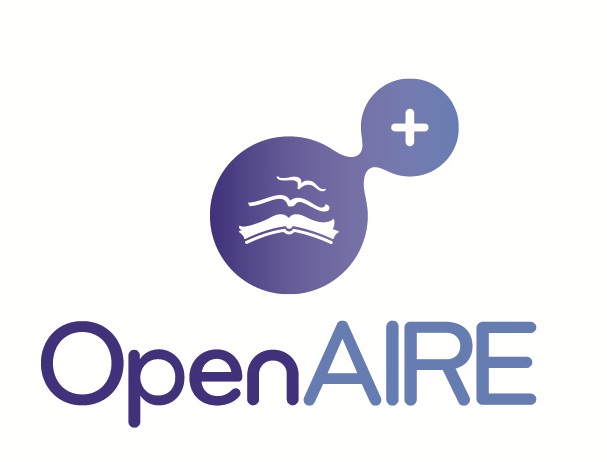Introduction to the Computation Offloading from Mobile Devices to the Edge of Mobile Network
Jakub Dolezal, Tomas Zeman
DOI: 10.15598/aeee.v17i4.2695
Abstract
This paper introduces the concept of Small Cell Cloud (SCC) composed of multiple Cloud-enabled Small Cells (CeSCs), which provide radio connection for mobile User Equipment (UE) such as smart-phones or wearables such as smart glasses. Moreover, CeSCs host computations offloaded from UEs in a way similar to centralized cloud, yet different in its proximity to users. Proposed client-server architecture of SCC conveys mechanisms for moving offloaded computations from the UEs to CeSCs. Real-life implementation of the SCC architecture relies on custom-developed Offloading Framework which is responsible for low-level communication between the UE and the SCC. The Offloading Framework is accompanied by an Augmented Reality (AR) app, which employs intensive computations for discovery of places of interest. Such app is latency-sensitive, a~criterion which makes computation offloading beneficial due to its ability to decrease latency. The combination of the Offloading Framework and the AR app makes up an SCC testbed used for further performance evaluation. Numerous measurements are carried out to examine the impact of various parameters. Based on Proof-of-concept implementation and thorough measurements, it has been revealed that computation offloading can decrease overall latency as much as to 47% and energy consumption on the UE side to 56%.






















